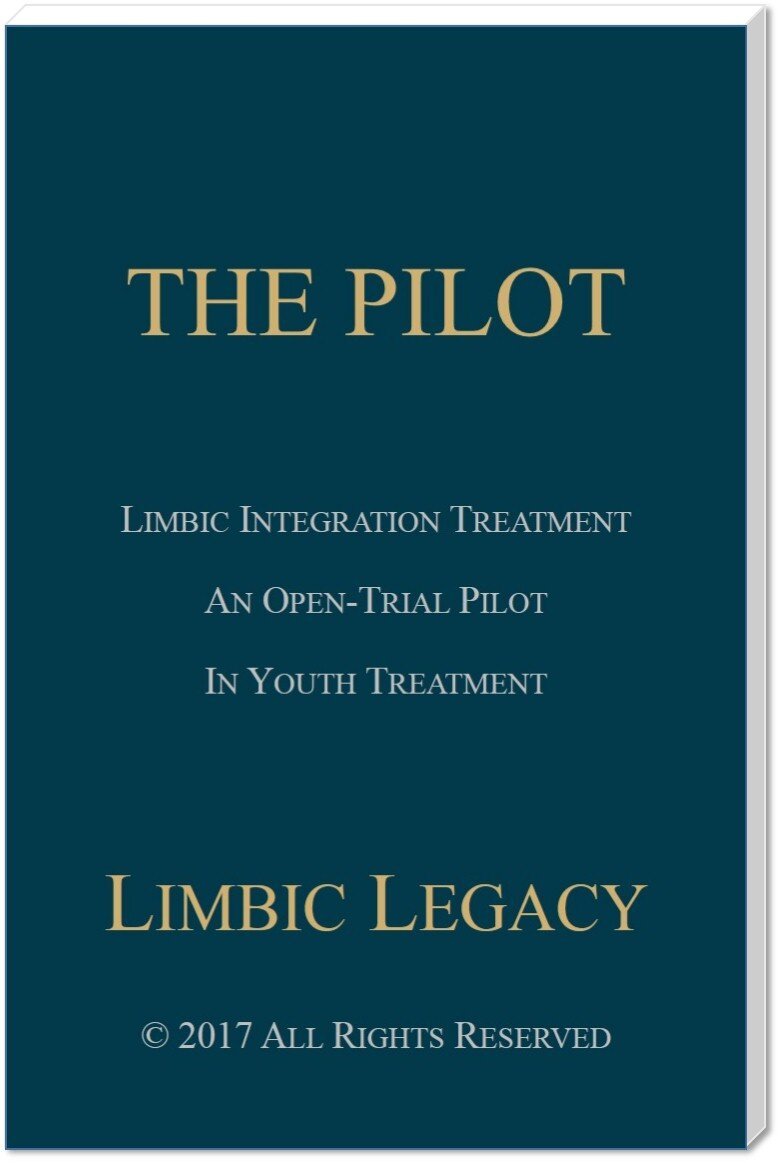
Talk Data To Me
What frontline staff say >
LIT Pilot Study
LIT is a strength-based intervention founded on rigorous interdisciplinary science that capitalizes on biological mechanisms and processes. It is applied during routine as well as therapeutic engagement in youth treatment facilities.
LIT was tested in an open trial, in a residential youth treatment center with adolescent males diagnosed with conduct disorder (n=10). The pilot focused on assessing homeostatic predictability, and intentional application of shared body-state.
Statistically significant improvements appeared in overall outcome measures. The pilot unit saw a reduction in fights, threats, property damage, restraints/physical managements, youth-to-youth injury, runs, and critical incidents.
The Science
Innovative cross-disciplinary science confirms what correctional staff and their clients have known in our gut for decades: emotions and behaviors are biological adaptations designed by historic and contemporary survival experiences, and, they are contagious. Emotions and behaviors recognized as deviant are driven by unpredictable survival resources. A strong understanding of the biological mechanisms of emotion and behavior, and tangible, spontaneously applicable techniques to employ those mechanisms invites novel treatment potential to reduce violence and increase youth and staff health and safety.
Explore the Science of LIT in the Publications Below
The Pursuit of Homeostasis
Reviewed by field experts and published in Elsevier’ Journal of Aggression and Violent Behavior.
I Feel Your Pain
Published in the Proceedings of the 12th European Congress on Violence in Clinical Psychiatry.
This foundational article introduces contemporary science currently missing from the youth treatment literature, programing, and practice.
Explores the applicability and efficacy of LIT, a modality that acts directly at the biological level of emotion to reduce and prevent aggression and violence.
Advancing treatment through cutting-edge neuroscience
We train professionals in Limbic Integration Treatment© (LIT), a non-intrusive, strength-based intervention that capitalizes on biological mechanisms as a therapeutic tools, accessing the care-provider as the primary delivery mechanism, during routine as well as therapeutic engagement. We teach clients and their families to recognize their emotions and behaviors as adaptive responses to threats to their survival, and teach concrete tools to reduce violence, aggression, anxiety, depression and incarceration.



